Vietnam is gradually asserting its position on the global luxury tourism map thanks to its harmonious combination of high-class services and unique cultural identity.
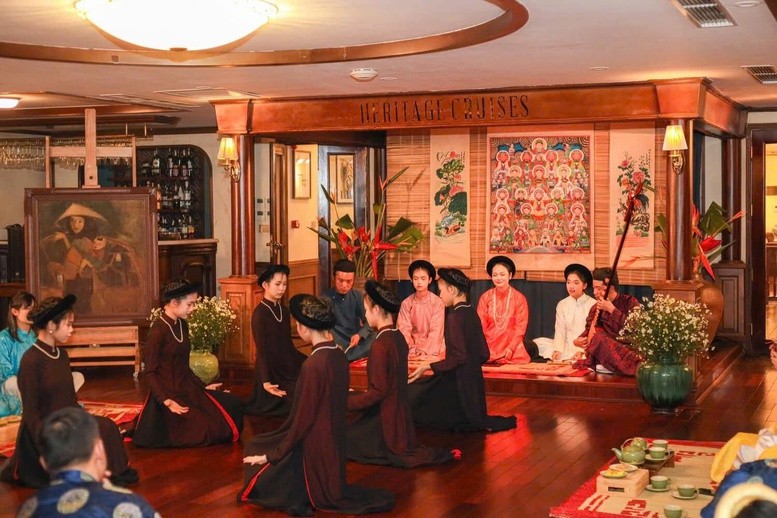
With the goal of welcoming 22-23 million international visitors by 2025 and directly contributing 6%-8% to GDP with VND980-1,050 billion in revenue, Vietnam's tourism industry has been constantly innovating to bring journeys that are not only luxurious but also rich in spiritual and cultural values. In 2024, Vietnam tourism attracted more than 17.5 million international visitors, an increase of 39.5% over the previous year, demonstrating the growing attractiveness of the S-shaped country.
The appearance of world billionaires in Vietnam in recent times is a clear demonstration of the attraction of high-end tourism here. Typically, after Bill Gates visited Da Nang and set foot on Ban Co peak (Son Tra peninsula), a series of other billionaires followed in this coastal city in 2024. Da Nang has also welcomed many presstrip delegations and KOLs from Thailand, Taiwan (China), Korea, India, Malaysia, Singapore, Philippines... to experience and promote. Not only having luxurious resorts, Da Nang is also a pioneer in combining high-end services with local cultural values, attracting high-spending customers.
In August 2024, an Indian billionaire brought 4,500 employees to Vietnam to travel and enjoy memorable moments with their families in Da Nang. Meanwhile, Quang Ninh is targeting the super-rich market with a plan to develop seven pristine island areas and private beaches to serve the 1% of the population with the highest spending power in the world. The first guests experienced a super-luxury tour on Ha Long Bay, an American billionaire also spent two days and one night in the Tra San - Cong Do area, which has natural sand beaches, coral reefs and a rich underwater ecosystem.
Aiming for Net Positive – Not just neutral but also creating positive impact
Mr. Pham Ha, founder and CEO of Lux Travel DMC - a member of LuxGroup, has just been officially awarded the Travelife Certified Excellence in Sustainability Award, saying that sustainable tourism is not only a trend but also an inevitable requirement for the modern tourism industry. In particular, European tourists tend to choose destinations and travel services that are committed to protecting the environment, preserving local culture and practicing sustainable management.
"The difference between Vietnamese tourism and other countries is the depth of culture. From architecture, cuisine, nature, people to lifestyle, all create a unique identity. Tourists are not only looking for a trip but also want to experience and immerse themselves in emotional historical and cultural stories," Mr. Ha emphasized.
LuxGroup positions itself not as a mass travel company, but focuses on personalized experiential tourism, connecting visitors with local culture through historical stories and typical characters.
Lux Group’s products, from yachts, restaurants to hotels, are all designed in the Indochinese style of the 1920s and 1930s, combining traditional art and cultural elements. Staff wear classic costumes, and visitors can wear ao dai and Vovinam martial arts uniforms to immerse themselves in the Vietnamese cultural space. The experiences are not only visual but also awaken emotions, creating deep memories.
In addition, the journeys are also associated with historical figures and events such as businessman Bach Thai Buoi, King Bao Dai or President Ho Chi Minh's journey to find a way to save the country on the Amiral Latouche Tréville ship. The restaurant named "Ke Cho" recreates the space of old Hanoi, while the cruise trips on the heritage bay create a space to enjoy the essence of Vietnam.
Realizing our responsibility, LuxGroup aims to not only reduce negative impacts but also aim for Net Positive Impact - creating a positive impact on the environment and society.
The company has pioneered the implementation of "No Carbon" tours - zero net emissions, aiming to achieve carbon neutrality by 2030 and further Net Zero by 2050, according to the Government's sustainable development strategy. Not only reducing emissions, LuxGroup also proactively restores nature, preserves heritage and supports local communities through afforestation projects, providing clean water and solar power to remote areas.
"The company not only reduces the impact but also contributes to regenerating and reviving heritage values, creating more jobs and turning the destination into a more livable place for local residents and a more worth-visiting place for tourists," Mr. Pham Ha shared.
Targeting the 5% high-end tourist segment, LuxGroup focuses on building a community of loyal customers, where members introduce friends and relatives to experience. According to internal statistics, 60% of customers return and introduce new people, creating a cohesive ecosystem based on classy experiences and differences.
Mr. Pham Ha revealed: "Businessmen, golfers, and the upper class often have their own clubs. They believe in what they have experienced and are willing to share it with people of the same class. This is how LuxGroup builds its brand, not through loud advertising but through quality service and true satisfaction."
After 20 years, Lux Group is still steadfast in its strategy of "entering luxury houses from small alleys", focusing on niche but sustainable markets. The statement "100% customer satisfaction, no refunds" from the early days until now has been maintained, affirming the quality of service and commitment of the business.
Lux Group representative affirmed: "We do not want to become the largest tourism group, but want to become the best group - where products, people and orientation all put the happiness of customers, employees and the community first."
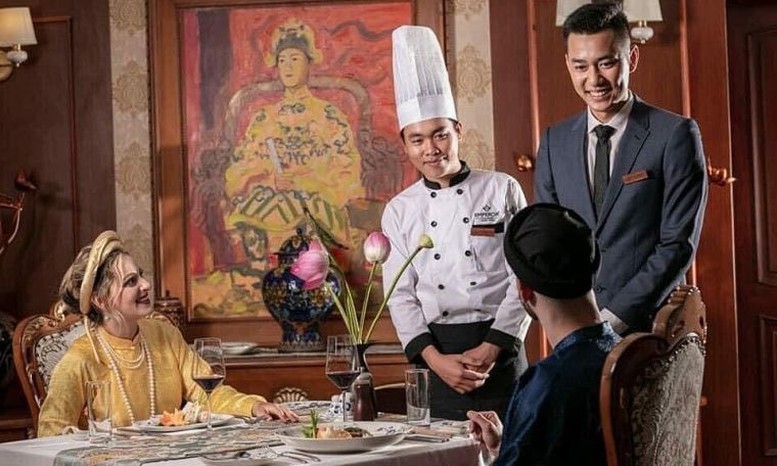
LuxGroup’s direction is not only limited to the company itself, but also aims to inspire the entire Vietnamese tourism industry. The company actively cooperates with partners who share the same values of sustainability, from restaurants, hotels, transportation units to destinations and tour guides. Cooperating with the Travelife network – more than 500 sustainable tourism businesses in the world, LuxGroup is also looking for and encouraging Vietnamese businesses to join this trend.
Each tourist coming to Vietnam through LuxGroup is encouraged to contribute about 1.5 USD/person to the carbon offset fund, to finance environmental projects and support local craft villages. Those who choose the "No Carbon" tour will be exempted from this fee, contributing to promoting the trend of green tourism.
LuxGroup also directly participates in environmental protection activities such as weekly beach cleaning, supporting the provision of solar power and clean water to remote areas. In Ha Giang, the company is helping to build and improve the quality of life in villages, while bringing tourists to visit, experience and connect directly with local people.
According to Mr. Ha, the future of tourism does not lie in just one business, but in changing the entire ecosystem. If hotels, restaurants, destinations, transportation units, tour guides, etc. are all sustainable, the Vietnamese tourism industry will develop in a greener, more sustainable and more memorable direction.
LuxGroup is not only a pioneer but also wants to create a "green wave", motivating many businesses to change together. From hotels in the Travelife network, to partner units, all aim for the same goal: sustainable tourism is not just an option, but the only way for long-term development.
New thinking in tourism promotion
Developing Vietnam’s tourism in the coming period will not only stop at attracting the number of visitors, but more importantly, it will target the elite tourist segment, those with high spending ability and high-class service requirements. According to Mr. Ha Van Sieu, Deputy Director of the Vietnam National Administration of Tourism (Ministry of Culture, Sports and Tourism), to do this, Vietnam needs a methodical and breakthrough promotion strategy in promoting and improving the quality of products and services.
"To compete and make a breakthrough, we must comprehensively innovate in terms of thinking, working methods, promotion methods and especially resources. This is not simply about increasing promotion, but also about investing systematically to turn digital content production into a real industry in tourism," Mr. Sieu emphasized.
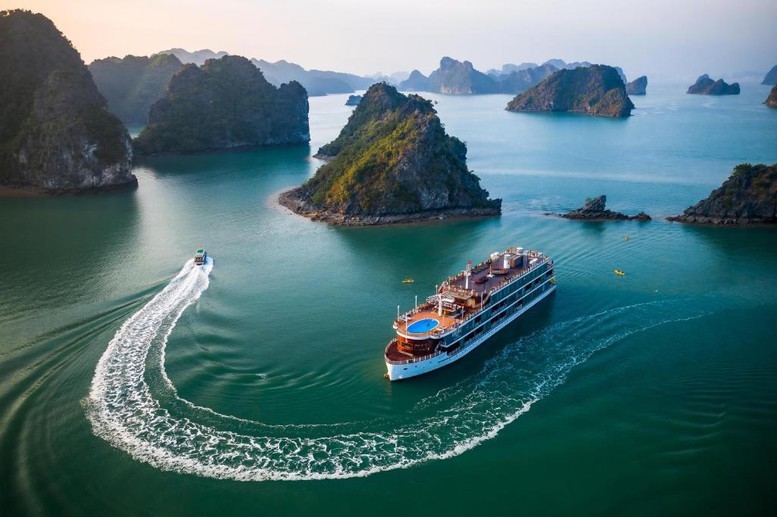
Accordingly, Vietnam needs to invest heavily in the tourism promotion agency system, apply digital technology and develop professional media platforms to promote the country's image to the world. In the current context, high-quality, innovative digital content will help Vietnam improve its position on the global tourism map and effectively reach elite customers.
In addition, Mr. Sieu also said that Vietnam needs to quickly establish tourism promotion offices in key markets such as Dubai, London, New York, Tokyo, etc. to connect directly with elite customers. This will not only help expand the promotion network but also create conditions for building tourism products suitable to the needs of this special group of customers.
"If we want Vietnamese tourism to leave its mark on the world, we need international events. These are events with great influence such as APEC, Sea Games, or even further, the World Cup, Olympics... These events not only help enhance the national brand but also create an image of Vietnam with international standards," Mr. Sieu commented.
In addition, Vietnam needs to invest in developing high-end tourism events such as yacht festivals, "million dollar" golf tournaments, international fashion weeks, film festivals, etc. to attract the super-rich to experience. These events are not only effective promotional tools but also help Vietnam gradually become a favorite destination for the elite.
Product and service quality remains the top priority.
One of the most important factors to attract super-rich tourists is the quality of products and services. According to Mr. Sieu, Vietnamese tourism cannot stop at promoting a beautiful image but must focus on enhancing real experiences.
What we promote must be real. We cannot attract high-end tourists without providing services that match their level. They not only need 5-star hotels, but also want exclusive, personalized and classy experiences. Therefore, Vietnam needs to promote the development of special tourism products exclusively for super-rich tourists.
To reach the right target customers, Mr. Sieu believes that Vietnam needs to apply AI and Big Data in market research. Analyzing the behavior and preferences of tourists from different countries will help Vietnam build more accurate promotional messages.
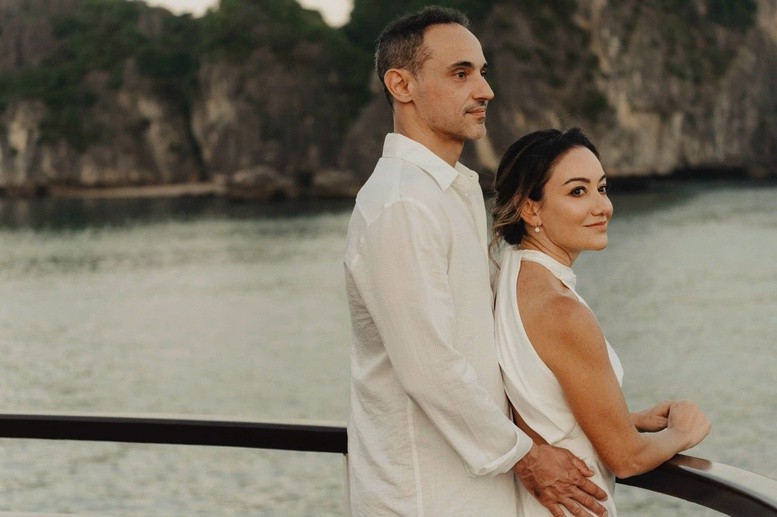
Mr. Sieu analyzed: "We need to know what Japanese customers like, what experiences American customers are interested in, what services Middle Eastern customers prefer... to come up with a suitable promotional strategy. Each market needs a separate approach, we cannot do it in general."
Vietnam has a great advantage in culture and history, which can attract the super-rich if exploited properly. According to Mr. Sieu, instead of just providing luxury services like other countries, Vietnam should focus on the uniqueness and difference of its indigenous culture to create "one-of-a-kind" experiences.
It could be a royal banquet in the Hue Imperial City, an evening enjoying classical opera on a cruise on the Han River, or a journey to the roots in the Northwest by helicopter... These are things that cannot be found anywhere else, and that is what makes super-rich tourists willing to pay.
According to Mr. Ha Van Sieu, if Vietnam wants to attract the elite, tourism cannot follow the beaten path but needs to have strategic, bold and methodical steps. From improving product quality, investing heavily in promotion, mastering technology, to organizing world-class events, all will help Vietnam become a truly worthy destination for the super-rich customer group.
"We have advantages and potential, but to break through and reach new heights, we must truly change. Vietnam needs a long-term strategy to not only attract tourists but also retain them, turning the country into a high-end tourist paradise, a place that the world's super-rich cannot ignore," Mr. Sieu expressed.
The elite do not come to Vietnam simply to travel, but to live fully in the purest moments of nature. It is not just about trips, but also about connections, where each journey is marked by respect and responsibility for the natural world.
Vietnam is gradually shaping its position as an international destination for the upper class, where quintessential experiences and luxury services converge while still preserving local values and aiming for sustainable development. With strong investment, constant innovation and quality improvement, Vietnam tourism is strongly rising on the global luxury tourism map.
Source: https://baolangson.vn/thoi-diem-vang-cua-du-lich-viet-chinh-phuc-gioi-tinh-hoa-5042603.html





![[UPDATE] April 30th parade rehearsal on Le Duan street in front of Independence Palace](https://vstatic.vietnam.vn/vietnam/resource/IMAGE/2025/4/18/8f2604c6bc5648d4b918bd6867d08396)

![[Photo] Prime Minister Pham Minh Chinh receives Mr. Jefferey Perlman, CEO of Warburg Pincus Group (USA)](https://vstatic.vietnam.vn/vietnam/resource/IMAGE/2025/4/18/c37781eeb50342f09d8fe6841db2426c)
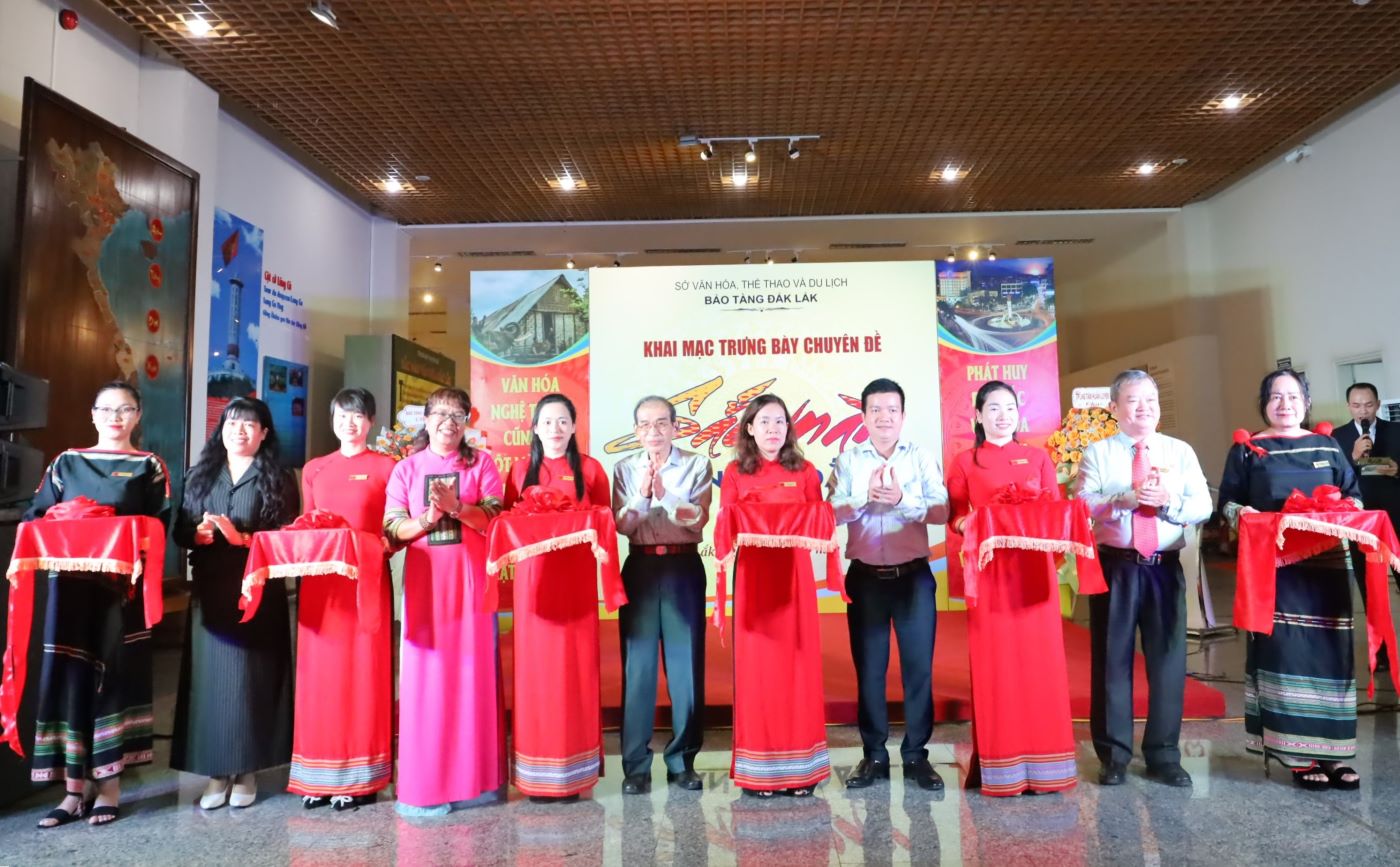
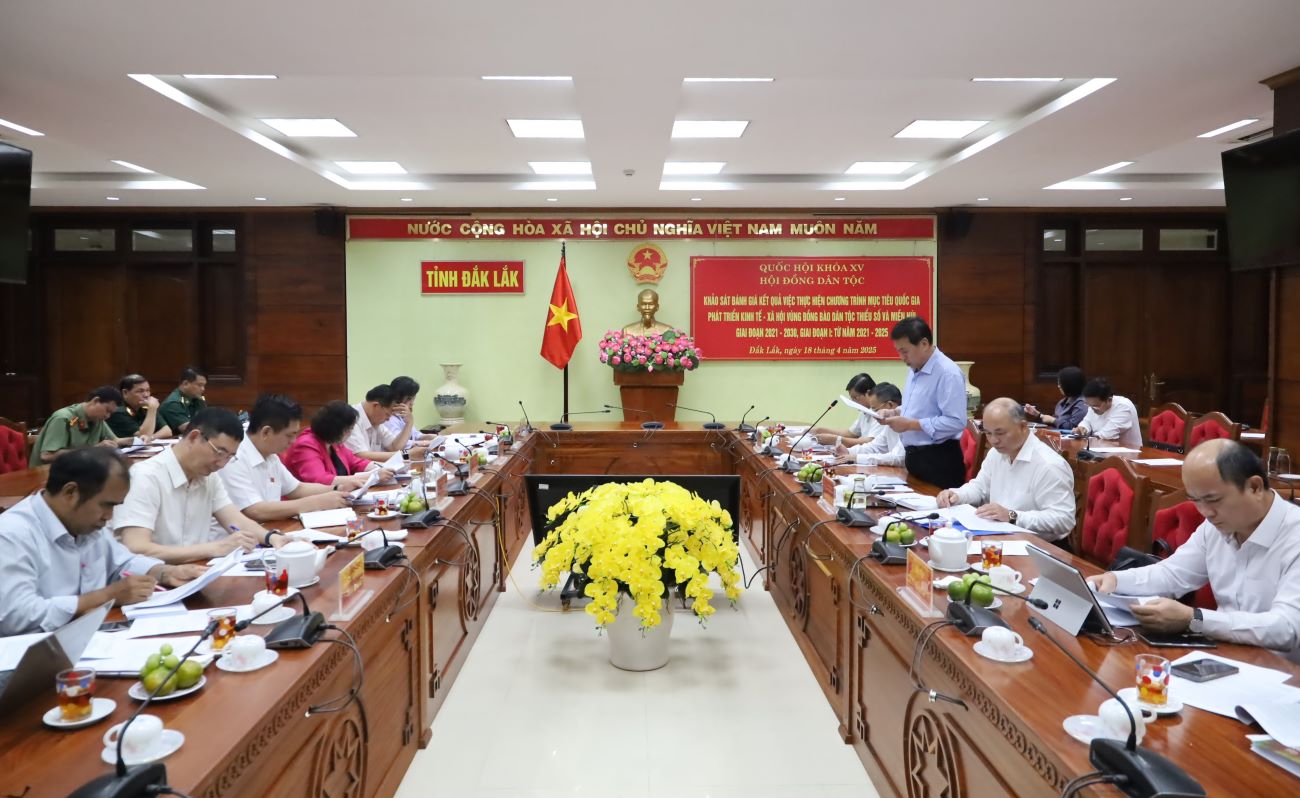



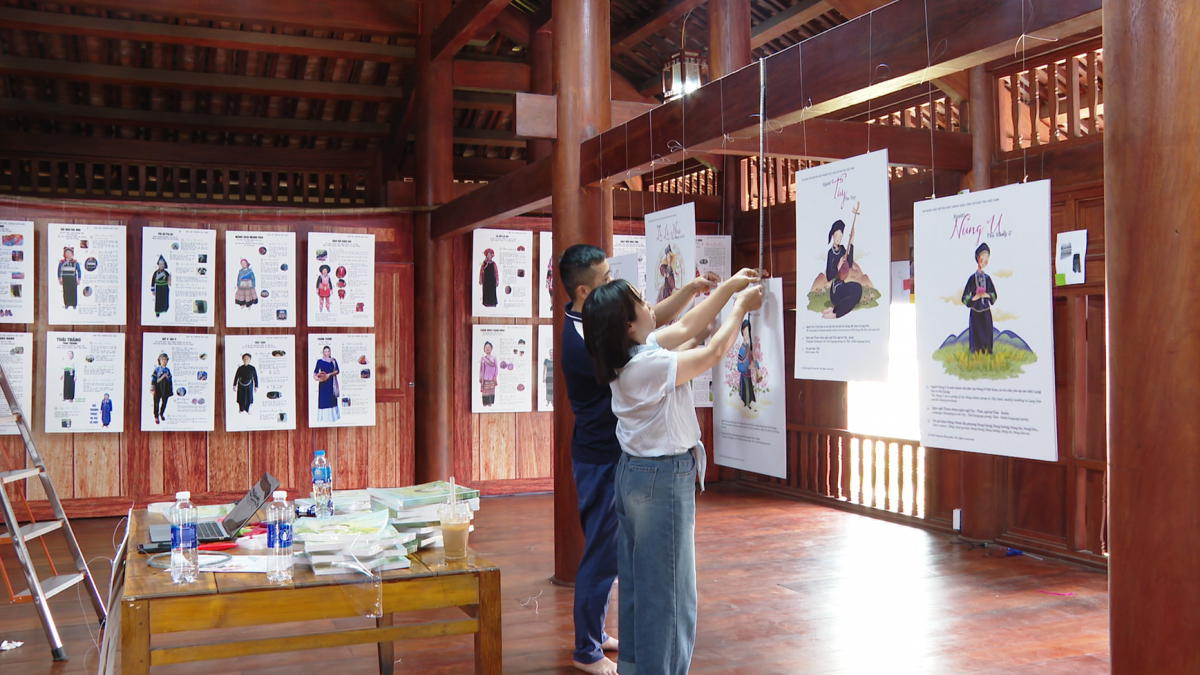
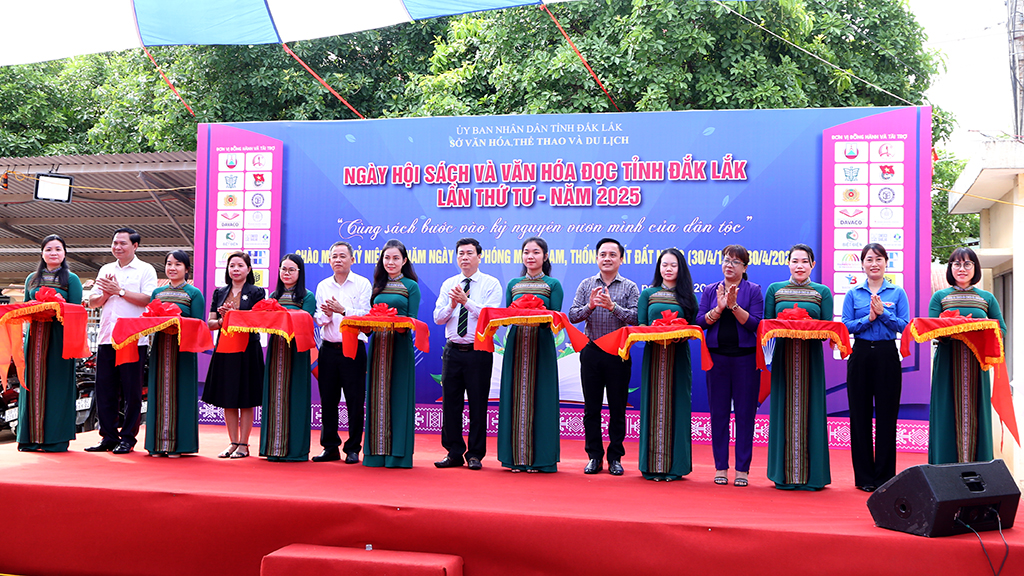

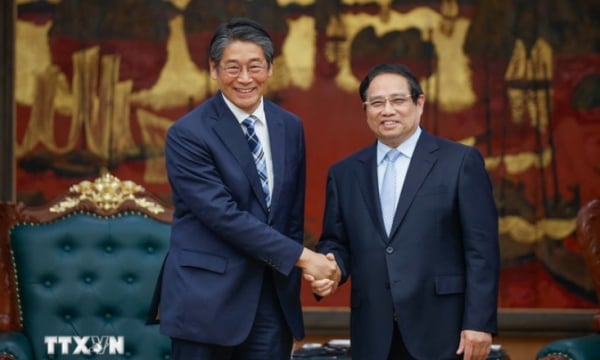
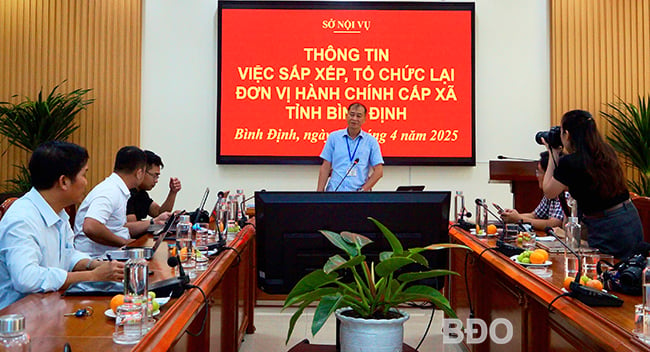
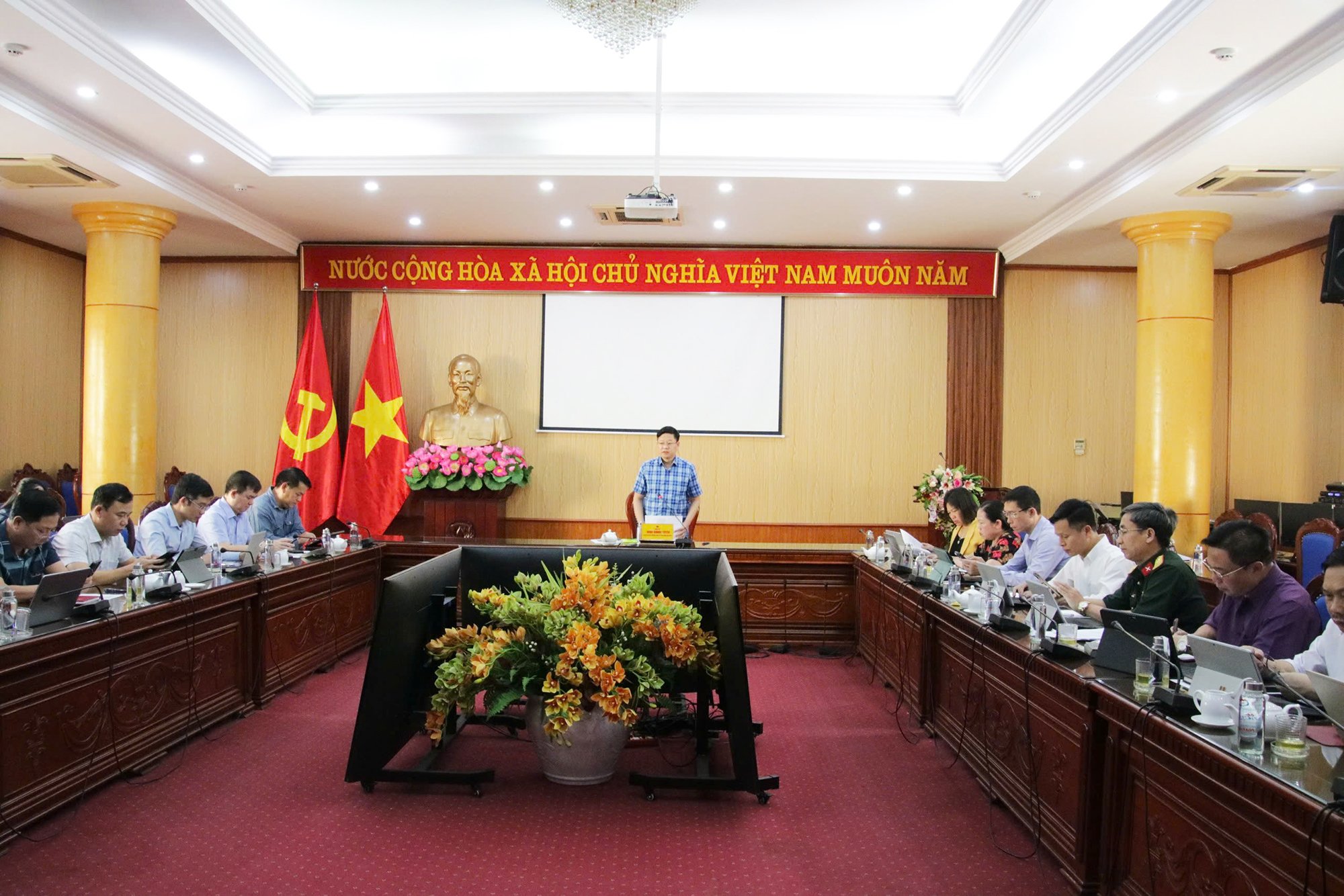
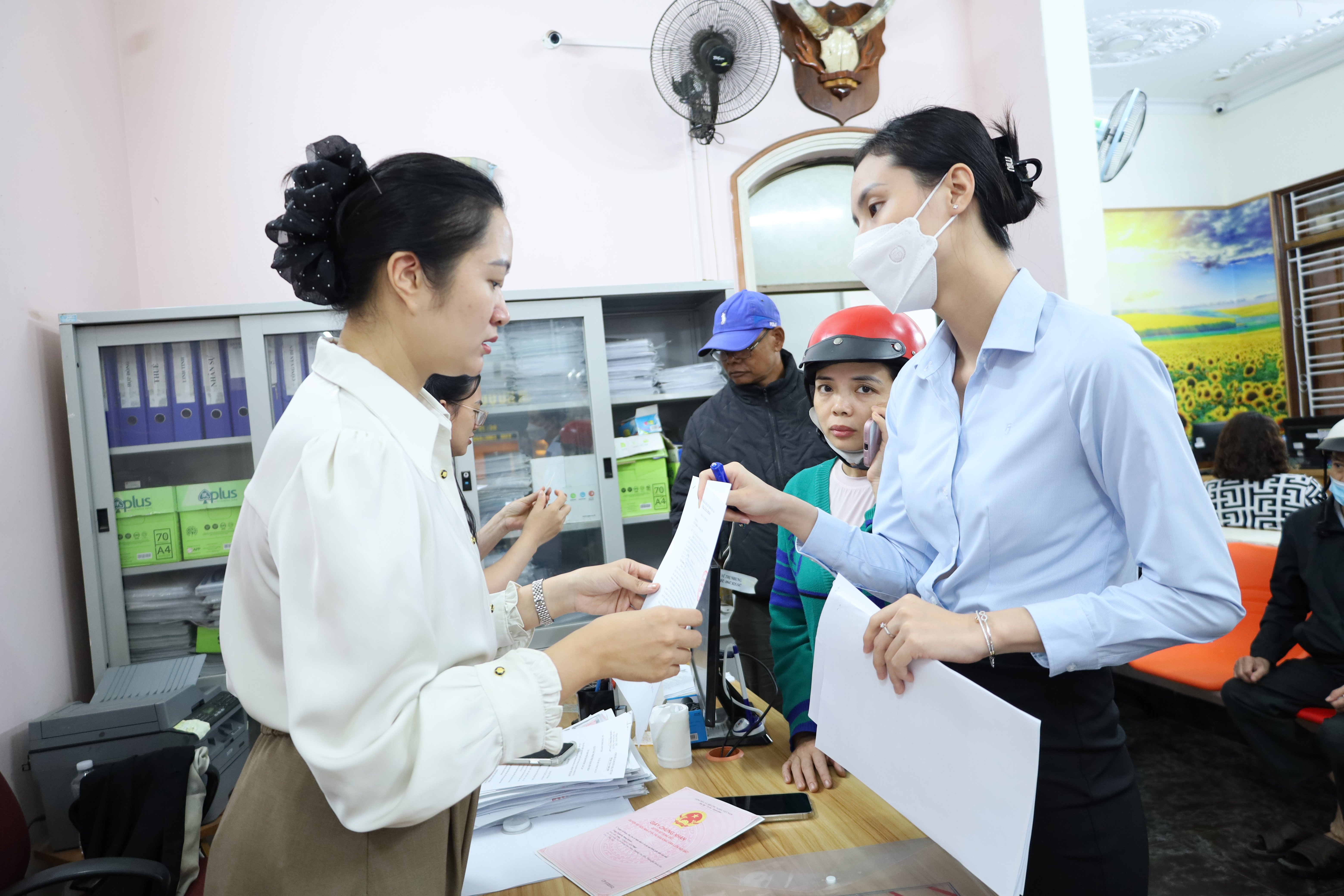
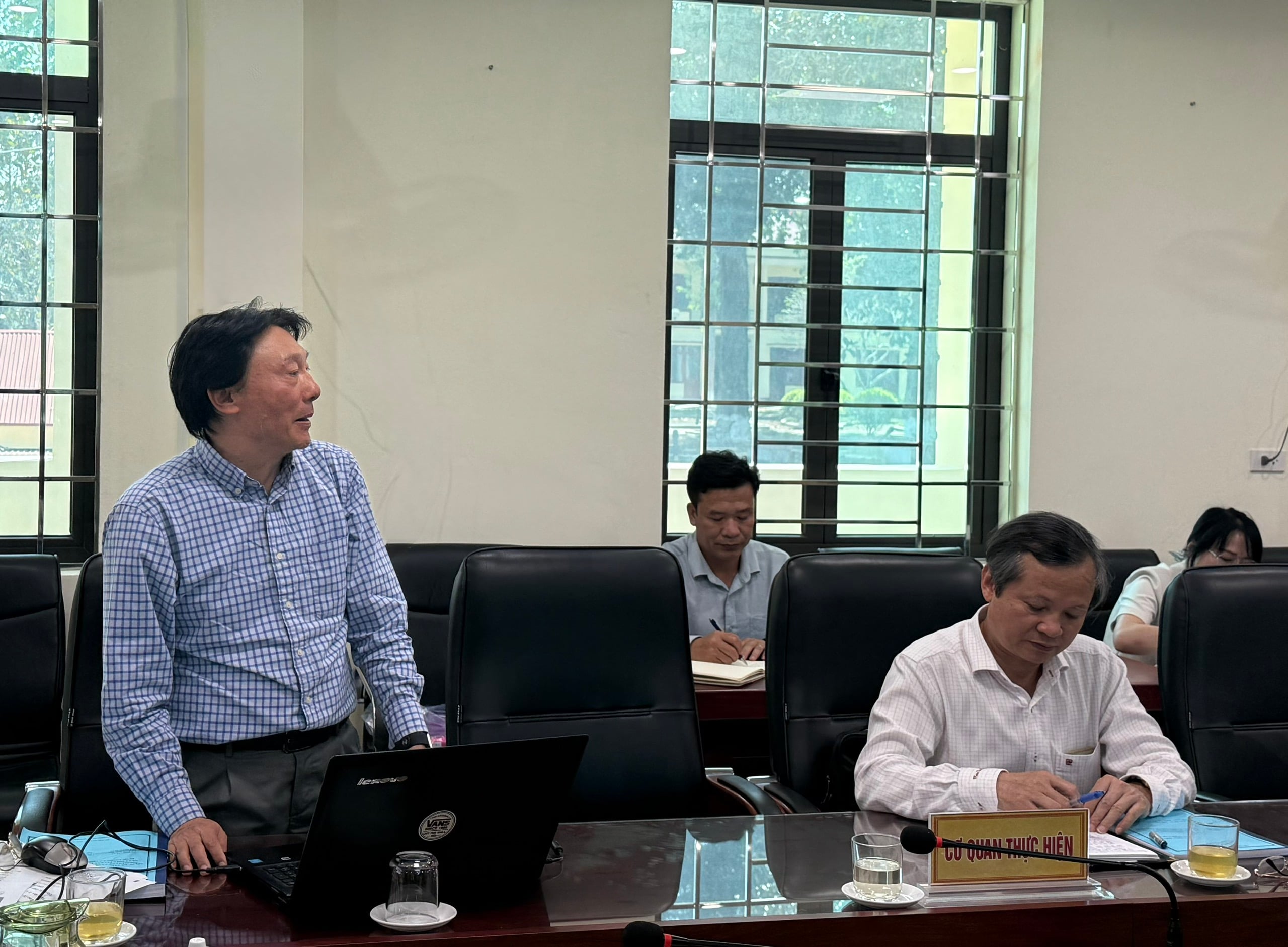





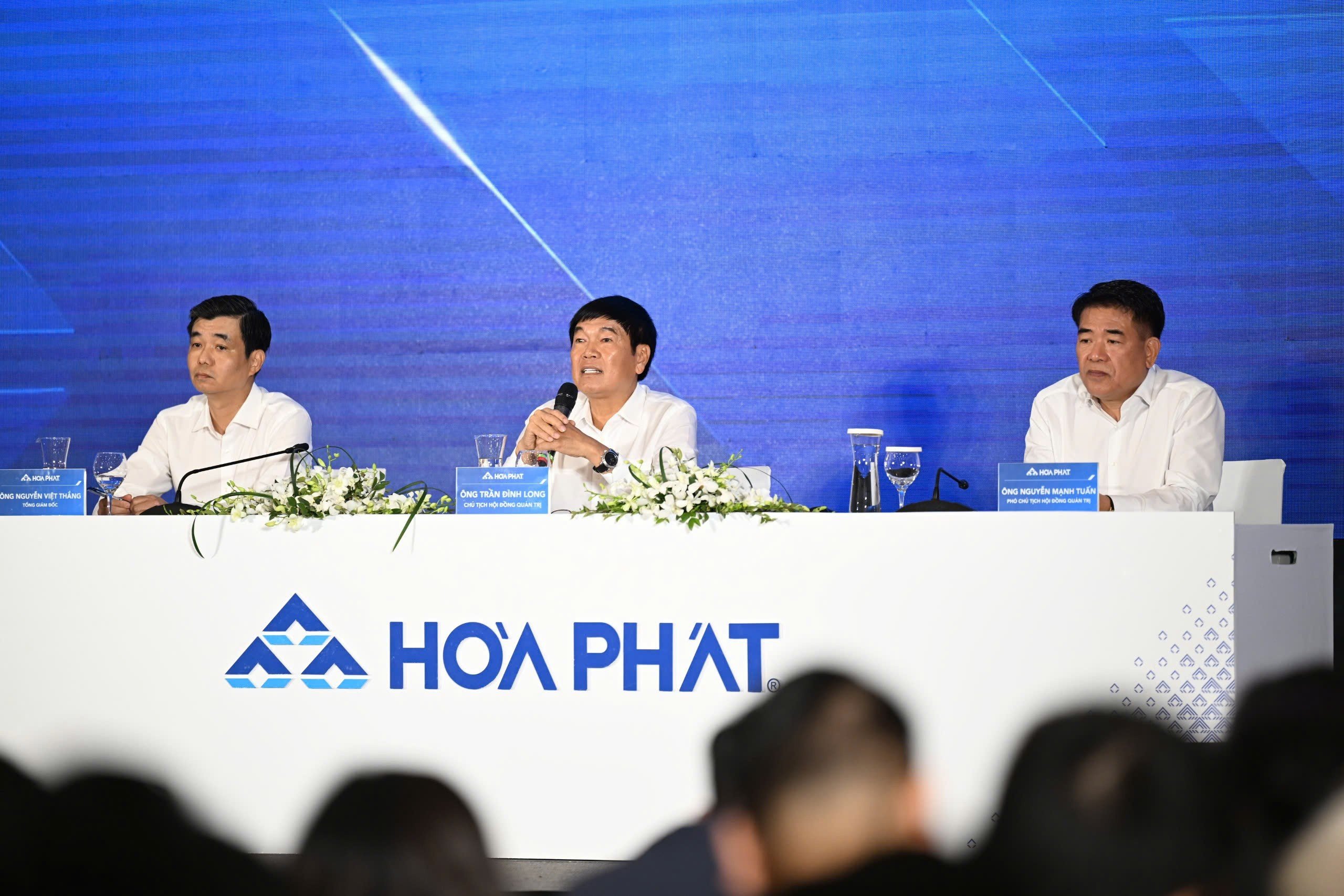
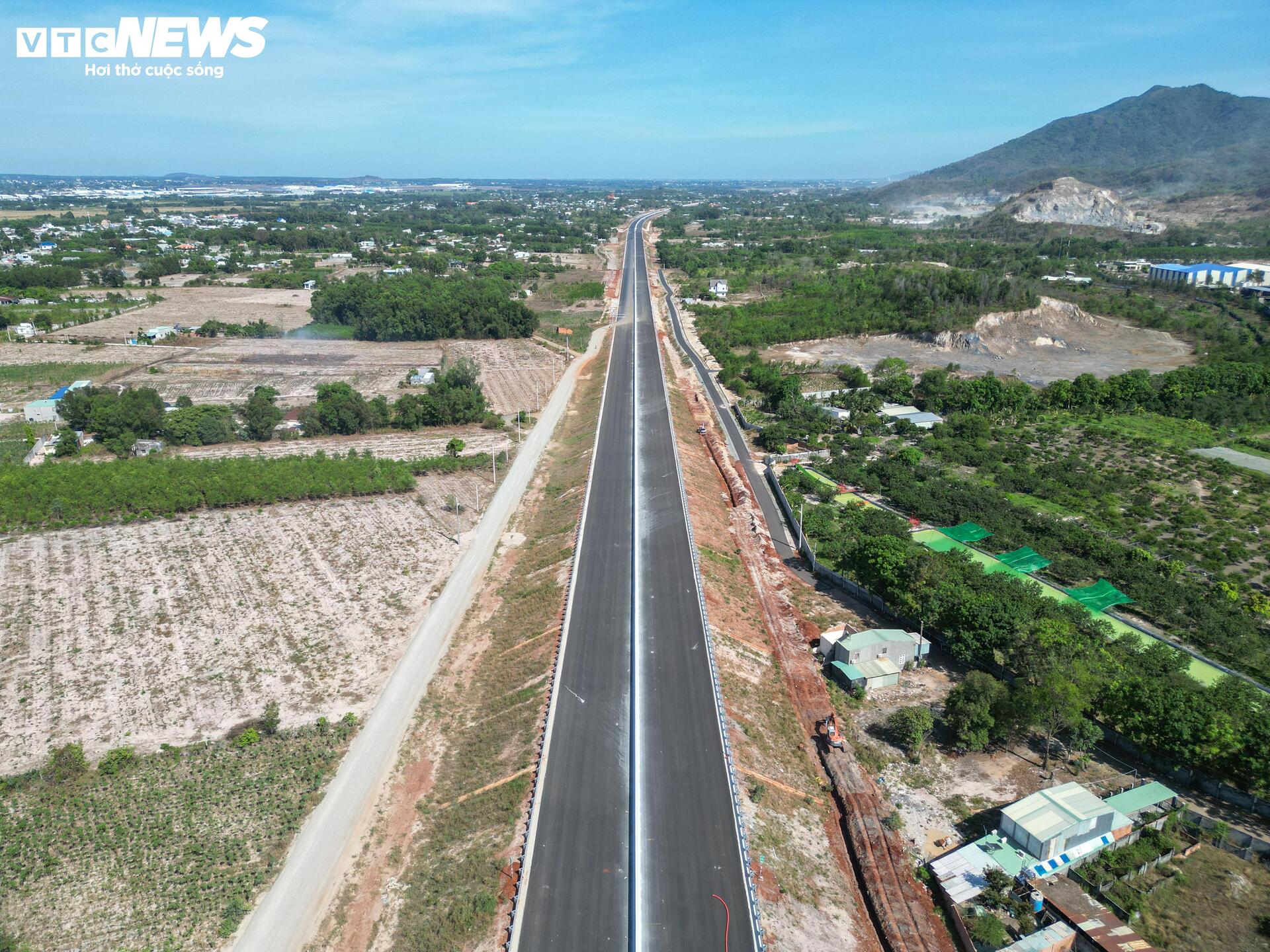
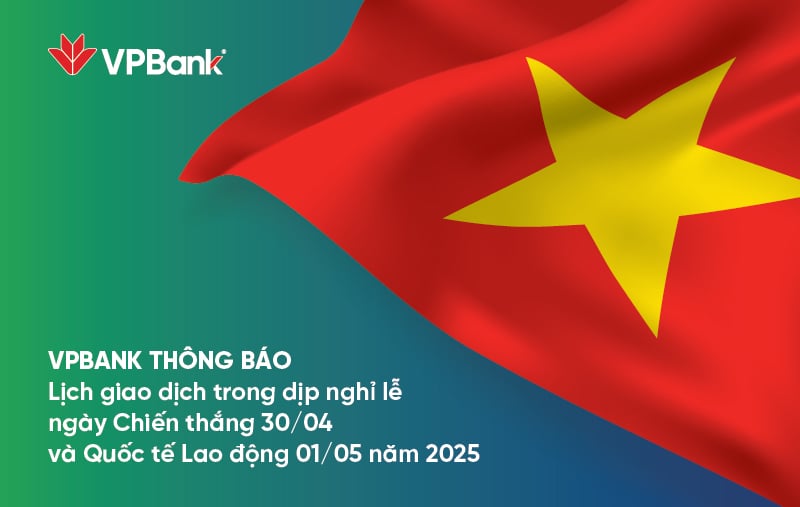
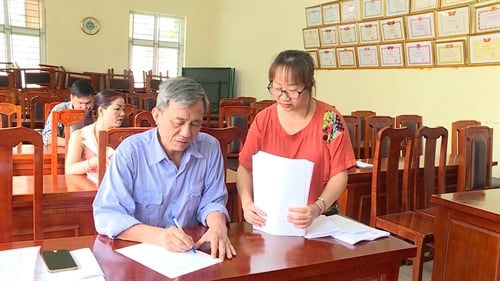
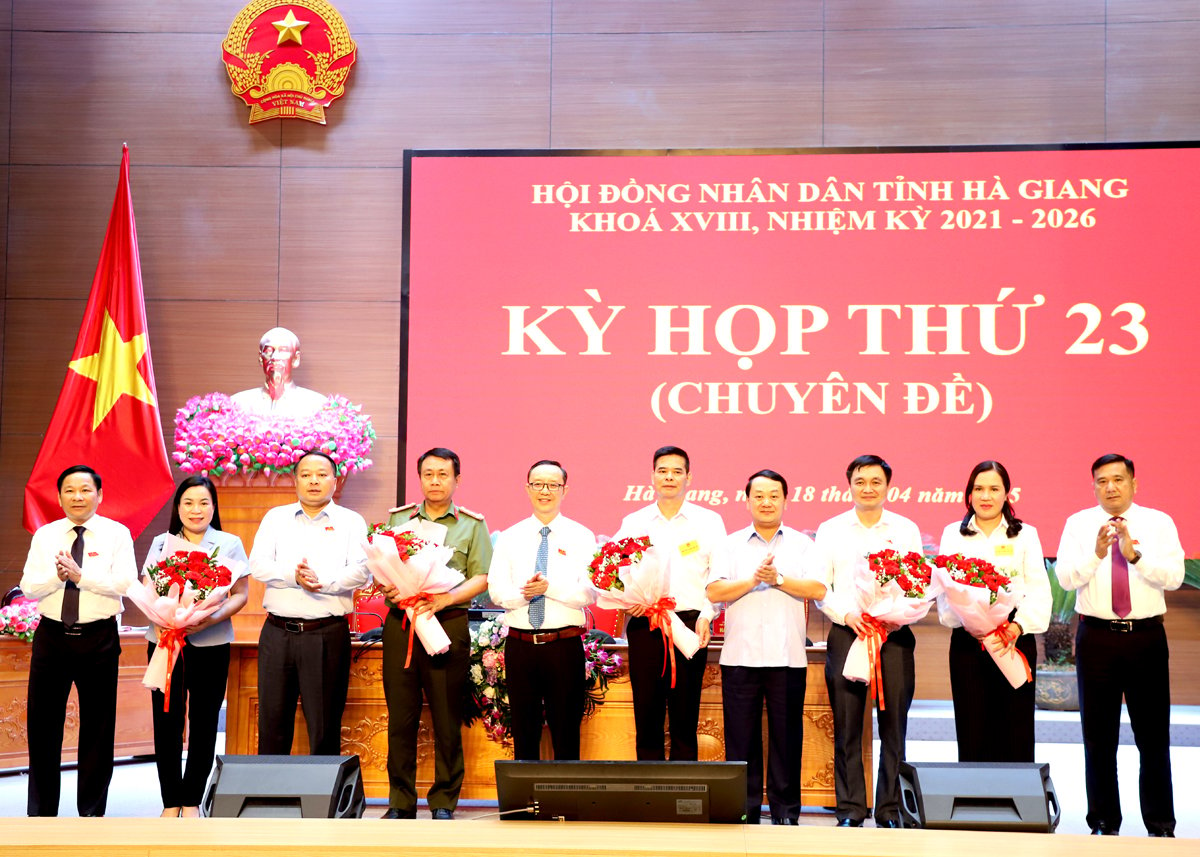

































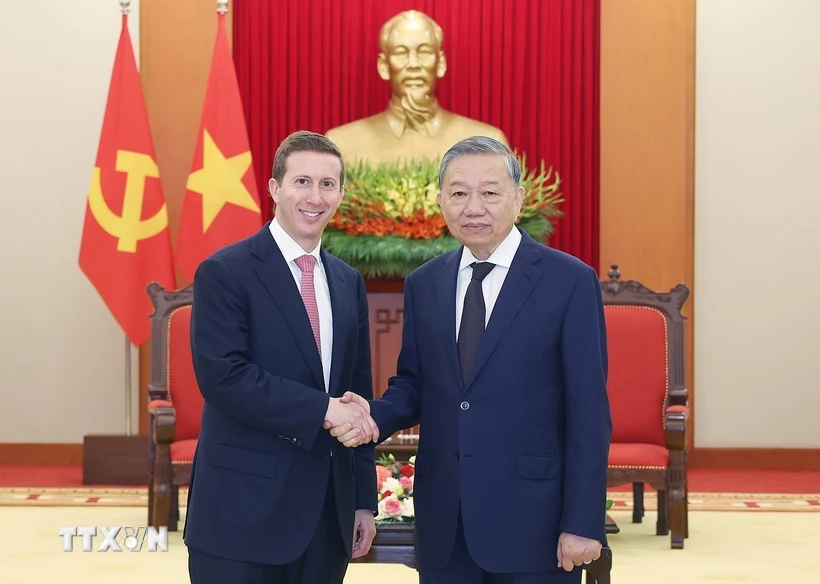









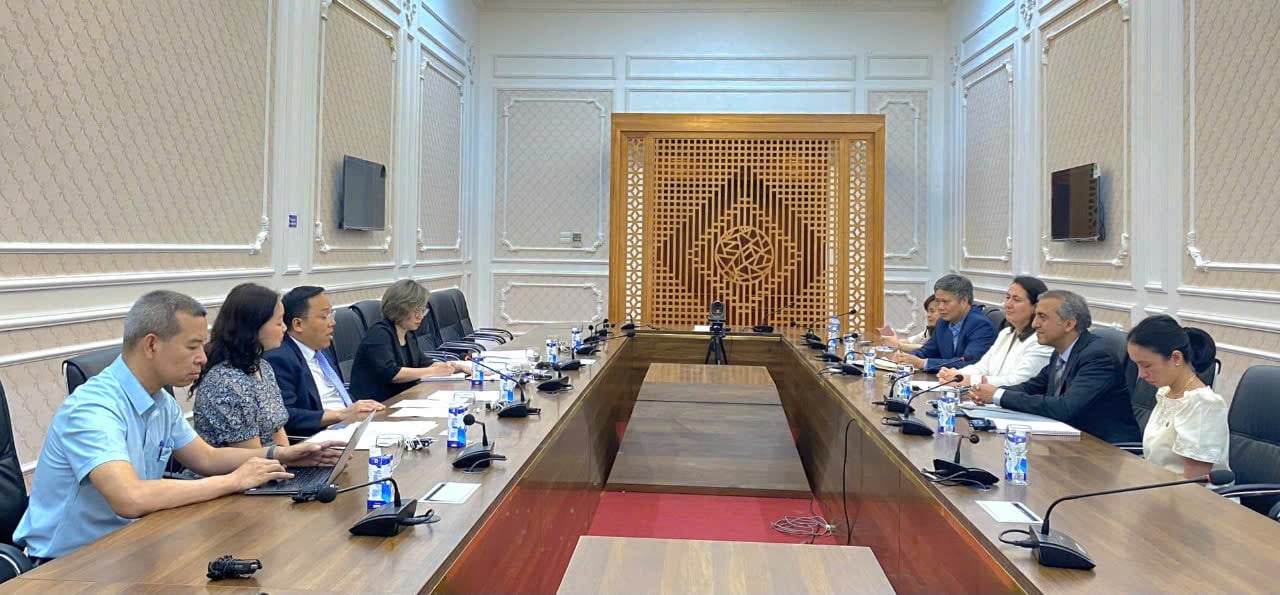

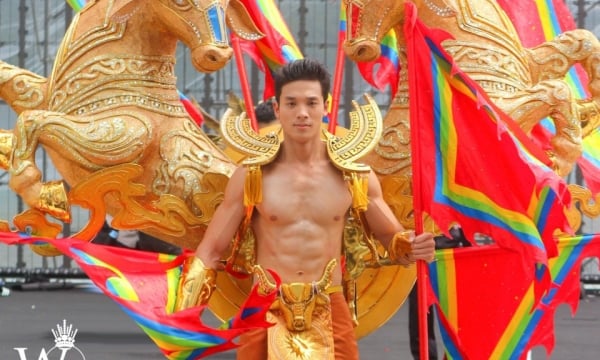

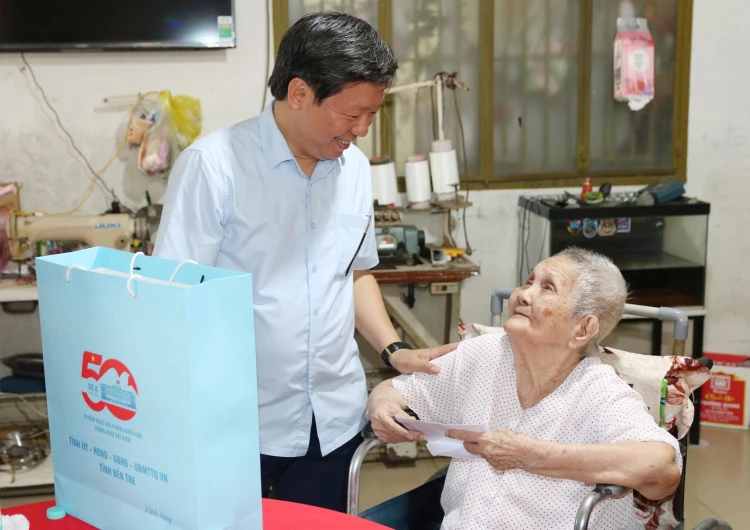

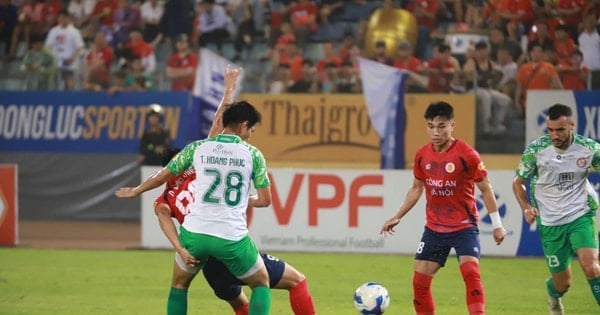

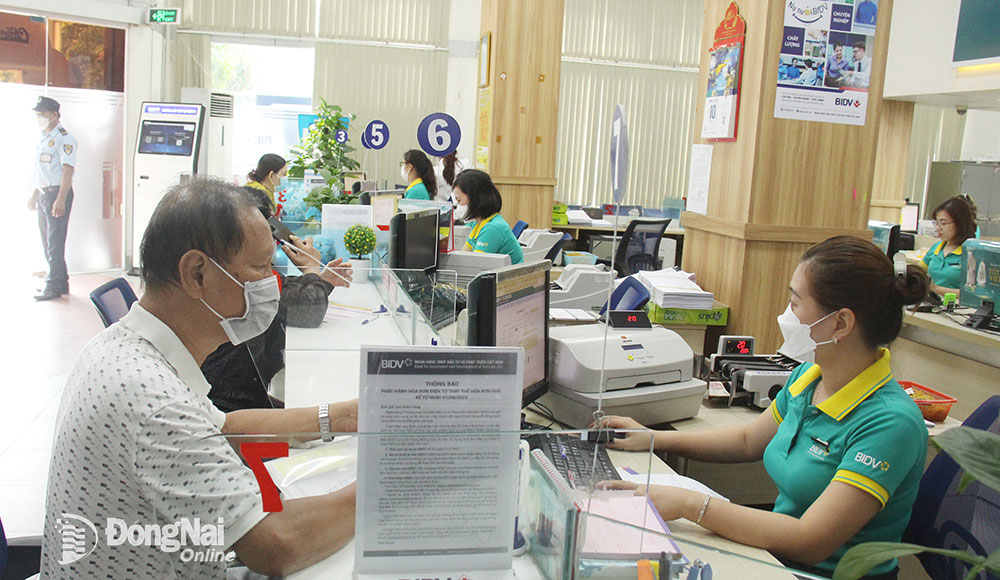

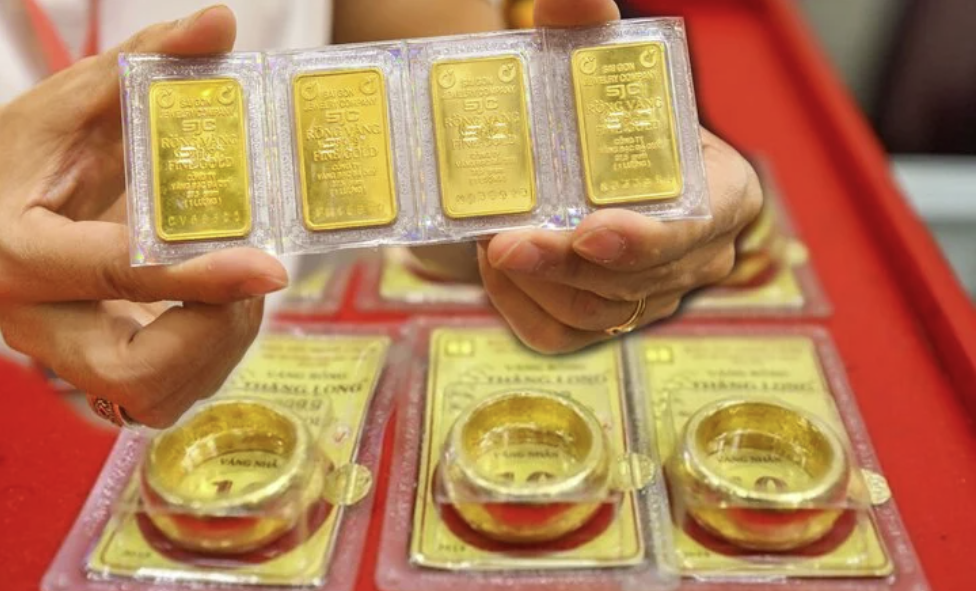
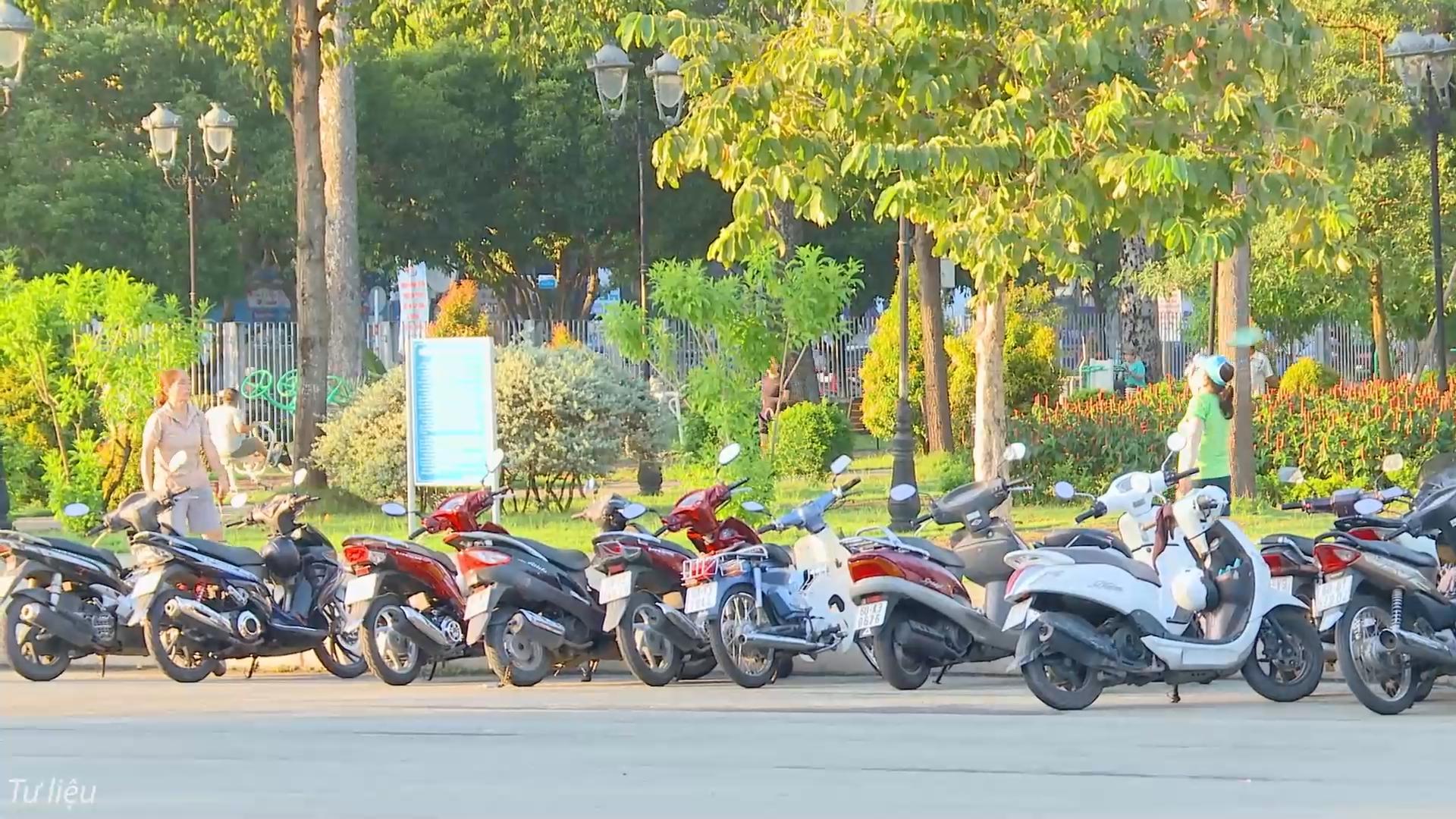










Comment (0)